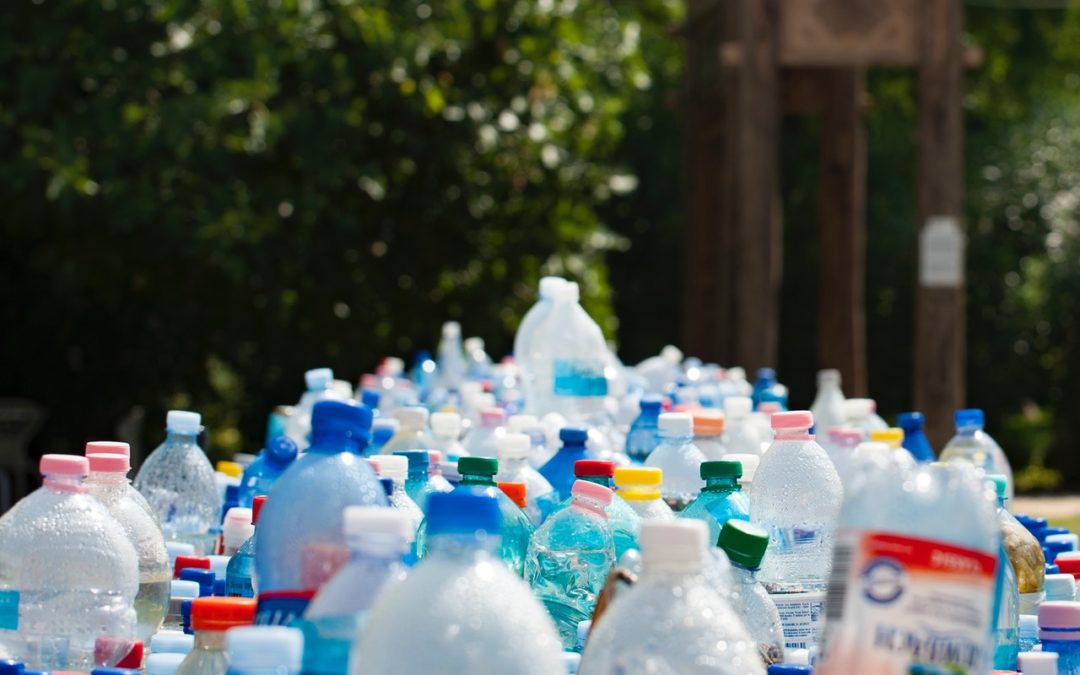As recent demonstrations and political statements across the globe show, the environmental fate of our planet is seen to be at stake. One of the main contributors to these problems world-wide are plastics and the fact that these materials do not break down over time – and are accumulating at a record pace in landfills and oceans. Innovations in manufacturing and changes in consumer usage mean that fully sustainable plastics are being developed and that these products may soon be part of our everyday lives.
Sustainable manufacturing innovation is creating a rise in climate-friendly plastics as issues related to global warming, marine trash and awareness of the overall harmful nature of mass produced plastics has grown. Bioplastics, biodegradable plastics and recycling already existing plastics can lower greenhouse gas emissions and hydrogen produced from harnessing energy from air and water can be used to manufacture plastics in a different way.
Bioplastics are made from materials that break down, such as sugarcane and corn starch. Biodegradable plastics are those that can serve the same purpose as regular plastics, but break down quickly after being used. One new process takes marine microorganisms to make products that completely recycle into organic waste. Other research is focused on making products such as home-compostable packaging and edible plastic wrap.
One of the best ways to create sustainable plastics is to use recycled plastic rather than “virgin” plastic to make products. As the world’s plastic is estimated to exceed 12 billion tons by 2050, this industry taps into the huge expanse of plastic already in landfills and the ocean. Also, sInce only 14% of plastic is currently recycled, this is a huge untapped resource. Uses for these reused plastics already include furniture, fashion and ceramics.
Researchers have also found ways to break down and reuse plastics that were formerly thought to be too difficult or expensive to deal with. Products such as styrofoam cups, plastic shopping bags and drink pouches are being transformed into reusable materials. Another way to deal with these “unrecyclable” plastics is to continue to push companies to create design-for-disposal, meaning plastic products that are purposely made to be recycle-friendly.
The corporate commitment to sustainable plastics also ensures that the movement will continue to gain momentum. A number of large companies have said they will have 100% reusable, recyclable or compostable by 2025 or earlier. These include Pepsi, Unilever and Walmart. Consumers have a huge role to play as well. We can stop using plastic shopping bags, one time use plastic straws, and continue to buy from and promote companies who are innovative in their desire to keep their work from harming the planet.
It’s unlikely we can ever have a plastic-free future. There are legitimate and necessary uses for these materials that contribute to our overall health and wellbeing. However, if we are sometimes willing to pay a little more, prepare ahead for shopping trips and suffer some small inconveniences, we can make a huge impact on plastics manufacturing, and ultimately, our planet’s future.
